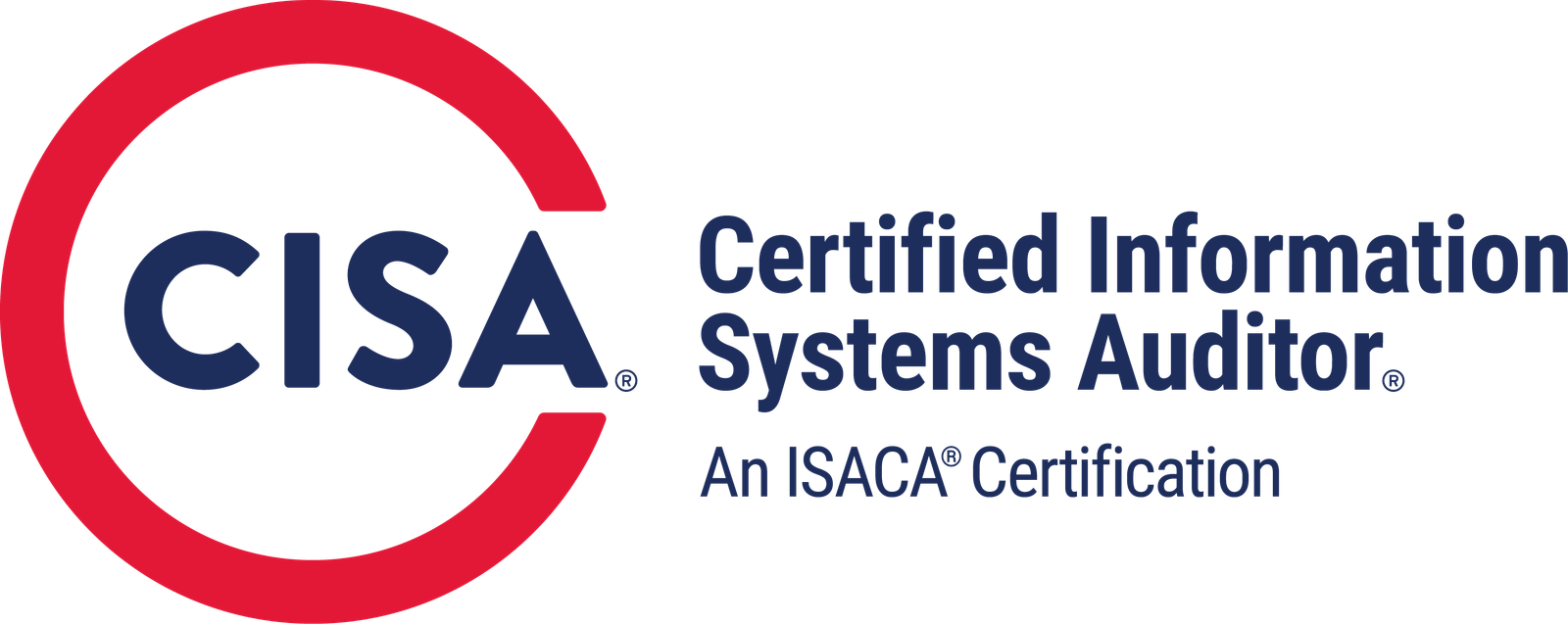Course Overview
The CRISC (Certified in Risk and Information Systems Control) course is designed for IT and business professionals who identify and manage risks through the development, implementation, and maintenance of information systems controls. Learners gain expertise in the governance and application of risk management strategies to enhance the value of their organization’s IT and business systems. This course is essential for professionals seeking to bolster their credentials and organizations aiming to ensure robust risk management practices.
Course Prerequisites
To successfully undertake training in the CRISC (Certified in Risk and Information Systems Control) course, the following are the minimum required prerequisites:
- Understanding of basic risk management concepts and terminology
- Familiarity with IT systems and infrastructure
- Awareness of business processes and their importance in an organizational context
- Basic knowledge of governance, risk, and compliance (GRC) principles
- An interest in or some experience with IT or business operations relating to risk management
- Willingness to engage with complex concepts and apply them to real-world scenarios
Please note that while prior experience in risk management or IT is beneficial, it is not strictly necessary to begin training. The CRISC course is designed to provide comprehensive education on IT risk management, and as such, motivated individuals with a strong desire to learn will be well-equipped to take on the material presented.
Learning Objectives – What you will Learn in this CRISC?
Introduction to the CRISC Course Learning Outcomes:
The CRISC course equips learners with expertise in enterprise risk management and prepares them to strategically manage IT risks, ensuring alignment with business goals.
Learning Objectives and Outcomes:
- Understand Governance and Strategy: Grasp how organizational strategy, governance, and culture influence IT risk management, and learn to align IT objectives with business goals.
- IT Risk Assessment: Master the skills to identify and evaluate IT risk events, employing threat modeling, vulnerability analysis, and risk scenario development.
- Risk Response and Mitigation: Develop strategies for risk response, design and implement effective controls, and understand how to align these with business objectives.
- Risk and Control Monitoring: Learn how to use monitoring techniques, including key risk indicators (KRIs), to continuously oversee and report on risk and control effectiveness.
- Compliance and Ethics: Interpret legal, regulatory, and contractual requirements affecting IT risk, and integrate professional ethics into risk management practices.
- Enterprise Risk Management Frameworks: Gain knowledge of enterprise risk management and frameworks to design robust risk management processes.
- Emerging Technologies: Assess the impact of emerging technologies on risk and controls, ensuring an up-to-date risk management approach.
- Business Continuity and Disaster Recovery: Understand principles of business continuity management and disaster recovery to mitigate risks related to IT service interruptions.
- Information Security and Data Protection: Learn about information security standards, frameworks, and data protection principles to safeguard organizational assets.
- Practical Application: Apply concepts to real-world scenarios, using risk assessment techniques, creating risk treatment plans, and documenting risk management processes.
Target Audiance
- IT Risk Managers
- Information Security Analysts
- Compliance Officers
- IT Auditors
- Chief Information Security Officers (CISOs)
- Governance, Risk, and Compliance (GRC) Professionals
- IT Consultants specializing in risk and security
- Cybersecurity Professionals
- IT Control Professionals
- Chief Compliance Officers
- Enterprise Risk Management Consultants
- IT Project Managers
- Data Protection Officers
- Network Security Managers
- IT Directors and Managers
- Security Architects and Engineers
- Business Analysts involved in IT projects
- IT Professionals aiming for a career in Risk and Information Systems Control



 4.8
4.8

